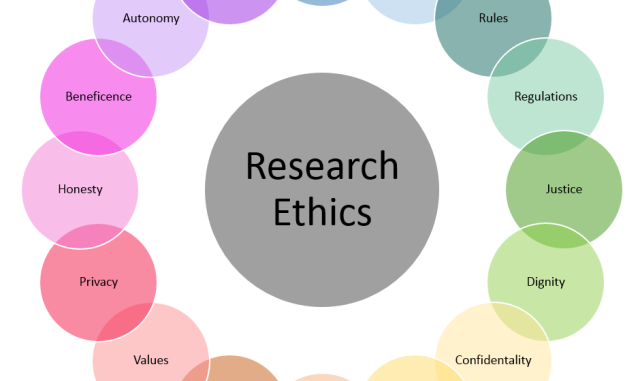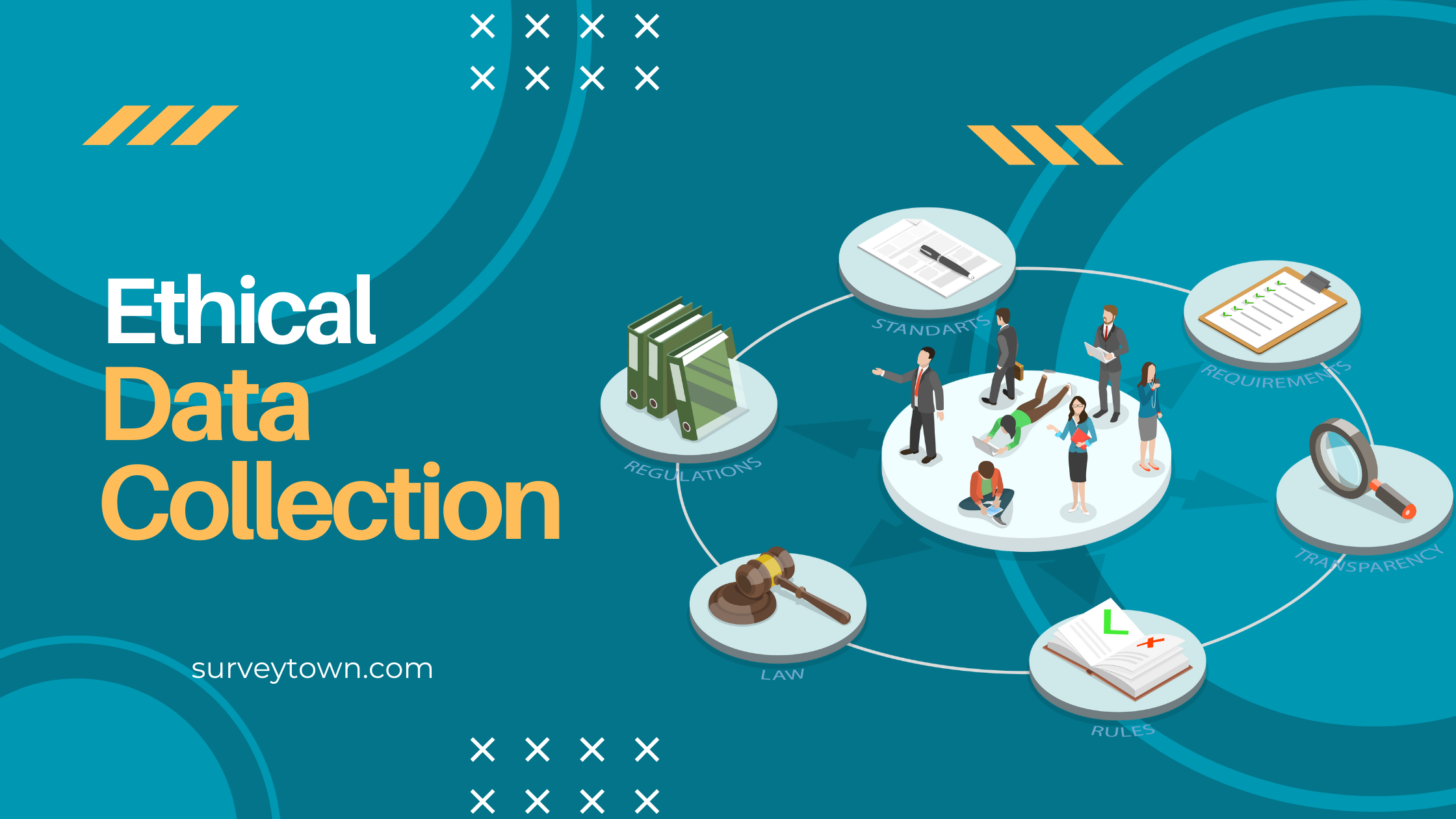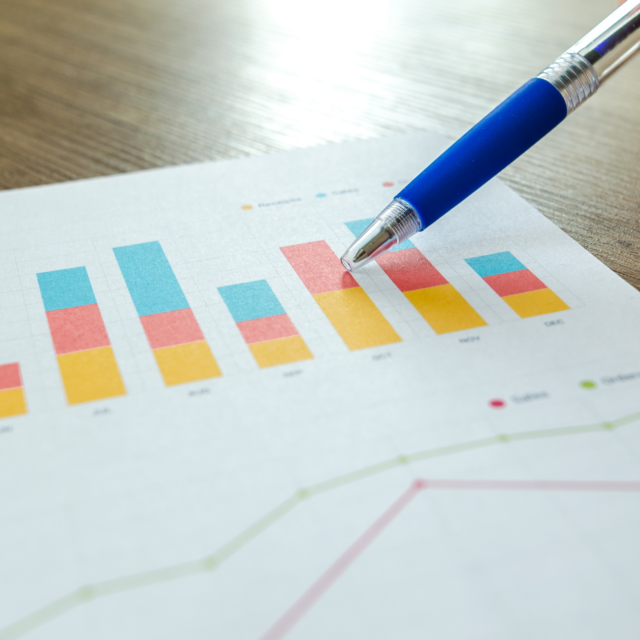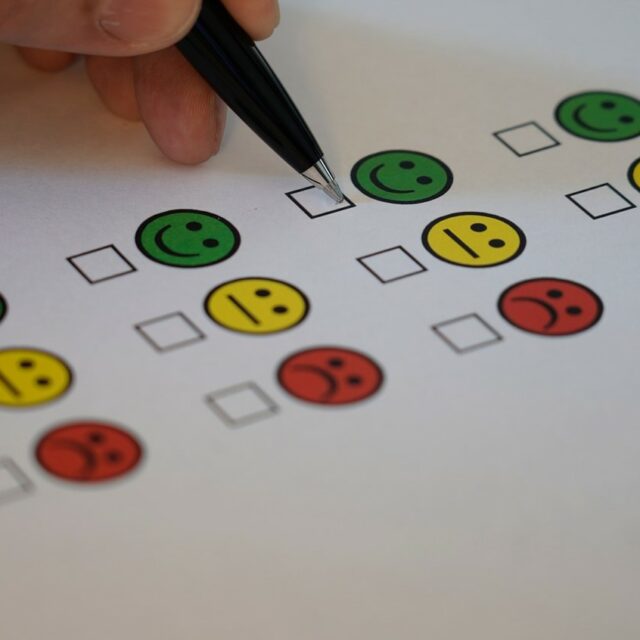Data collection is the foundation of any research study, providing the necessary information to answer research questions and test hypotheses. However, it is crucial to approach data collection with a strong ethical framework in mind. Ethical considerations ensure that data is gathered in a fair and responsible manner, prioritizing the rights and well-being of participants.
Read this article to learn all about data collection!
The Importance of Ethical Data Collection
- Validity: Accurate and reliable data are essential for ensuring the validity of research findings. By employing appropriate methods and techniques, researchers can collect high-quality data that accurately represents the phenomenon under investigation.
- Generalizability: The quality and representativeness of collected data contribute to its generalizability or applicability beyond the specific sample studied. Well-collected data enables researchers to draw broader conclusions about populations or phenomena.
- Evidence-based Decision Making: Rigorously collected data provides evidence that informs decision-making processes across various fields such as healthcare, social sciences, business, and policy development.
Exploring Ethical Considerations in Data Collection
Ethical considerations play a crucial role in data collection for research purposes. By adhering to ethical guidelines, researchers ensure the protection of participants, build trust, and enhance the validity and reliability of their findings.
Protecting Participants
The well-being and rights of participants should always be the top priority during data collection. It is crucial to ensure that no harm is inflicted upon them physically or psychologically throughout the research process.
Building Trust
By adhering to ethical practices, researchers can establish trust between themselves and participants. When individuals have confidence that their information will be handled responsibly and kept confidential, they are more likely to willingly participate.
Enhancing Validity and Reliability
Following ethical guidelines enhances the validity and reliability of research findings. By collecting data ethically, researchers can draw accurate conclusions from their studies with confidence.

Informed Consent
Obtaining informed consent from participants is an essential aspect of ethical data collection. This involves providing clear explanations about the purpose, procedures, potential risks, or benefits associated with participating in a study before obtaining consent.
Privacy Protection
Respecting privacy becomes paramount when collecting sensitive information for research purposes. Researchers must take measures to safeguard personal identifying details by utilizing secure storage systems or anonymizing collected data whenever possible.
Confidentiality
Ensuring confidentiality means protecting participant identities by securely storing their information without unauthorized access or disclosure unless required by law enforcement agencies or other legal obligations.
The Vital Role of Informed Consent
Informed consent is an absolute must in data collection for research purposes. It respects individual autonomy, protects participant welfare, and ensures transparency throughout the research process.
Informed consent involves researchers providing participants with comprehensive information about their study, including its purpose, procedures, potential risks, benefits, and any other relevant details. Participants must have a clear understanding of what they are consenting to before agreeing to participate.
The Significance of Informed Consent
Respecting individual autonomy, protecting participant welfare, and ensuring transparency are the key reasons why informed consent holds immense importance in data collection for research purposes.
To ensure proper implementation of informed consent, researchers should provide comprehensive information, allow time for questions, and obtain written documentation as proof of consent.
Privacy and Confidentiality: Safeguarding Data Collection
Privacy and confidentiality are crucial considerations in data collection to protect participants’ personal information and maintain their trust.
Privacy refers to an individual’s right to control access to their personal information, while confidentiality pertains to keeping collected data secure and preventing it from being linked back to specific individuals.
Why Privacy and Confidentiality Matter
Respecting privacy and maintaining confidentiality build trust, ensure compliance with legal requirements, and protect participants’ well-being during data collection.
To safeguard privacy and confidentiality, researchers should anonymize data, store it securely, limit access, obtain informed consent, and establish data-sharing agreements.
Avoiding Bias in Data Collection
Avoiding bias is crucial in data collection to ensure accurate and reliable results. Bias can arise from various sources and compromise the integrity of research findings. Bias can stem from sampling methods, survey design, participant selection, or the influence of researchers themselves. Recognizing and addressing biases is essential for maintaining the validity of research.
Click here to discover all about survey bias!
The Significance of Avoiding Bias
Unbiased data collection ensures fairness, objectivity, and credibility in research. By eliminating bias, researchers enhance the quality of their findings and contribute positively to scientific knowledge.
To minimize bias, researchers should utilize random sampling techniques, clearly define research questions, standardize measurement tools, provide comprehensive interviewer training, and implement double-blind procedures when applicable.
Ethical Data Collection in Practice
Ethical data collection is not just a theoretical concept; it is the foundation of responsible research. By adhering to ethical principles, researchers can conduct studies that prioritize participant safety, uphold integrity, and generate valuable insights.
Real-world examples highlight the importance of protecting participant anonymity, obtaining informed consent, and respecting privacy rights in various research contexts.
Researchers should adhere to research ethics guidelines, seek institutional review board (IRB) approval, keep consent forms updated, and prioritize participant rights and privacy throughout the research process.
The Future of Ethical Data Collection
Ethical data collection is an ongoing commitment for researchers and organizations. By putting ethics into action, researchers can ensure the highest standards of integrity and contribute to scientific advancements.
Real-world examples demonstrate the application of ethical data collection in health research, online surveys, and consumer behavior studies, emphasizing the importance of respecting participant rights and privacy.
Case studies like the Facebook emotional contagion study and the Tuskegee Syphilis Study highlight the ethical dilemmas researchers may face and the need for responsible data collection practices.
Best Practices for Ethical Data Collection
Researchers should obtain informed consent, protect participant privacy, minimize harm, and maintain transparency to ensure ethical data collection. Adhering to these best practices upholds the highest ethical standards and contributes to scientific advancements.
For more valuable information on ethical considerations in data collection for research purposes, continue reading our blog. We are committed to providing you with the expertise and guidance you need for successful and ethical research endeavors.




